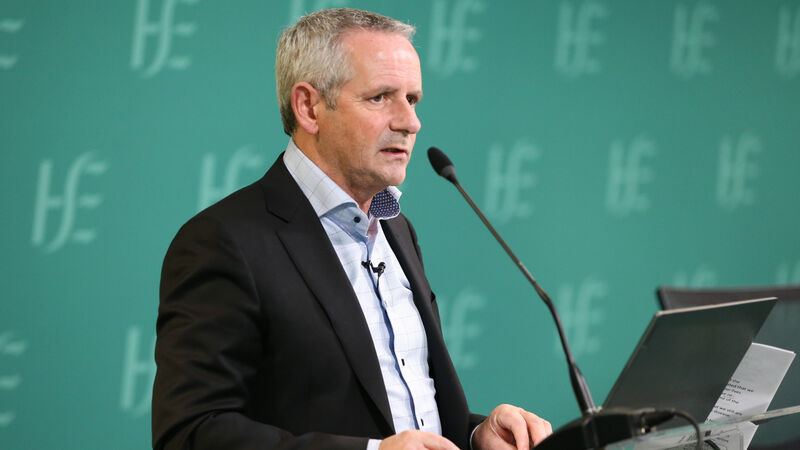Surge capacity may be triggered if ICU predictions met, says HSE chief

Paul Reid, HSE chief executive, said the last couple of weeks should be a 'very real rain check' for us all, stating there is a need to strengthen the basic level of defences even for those who are vaccinated. Picture: Sasko Lazarov / Photocall Ireland
The chief executive of the HSE has said surge capacity measures may be triggered if predictions for 150 people in intensive care are met, impacting other areas of the healthcare system.
Paul Reid said the National Public Health Emergency Team's (Nphet) modelling of up to 1,000 people in hospital and 150 people in ICU was not “off the wall” considering the current trends.










